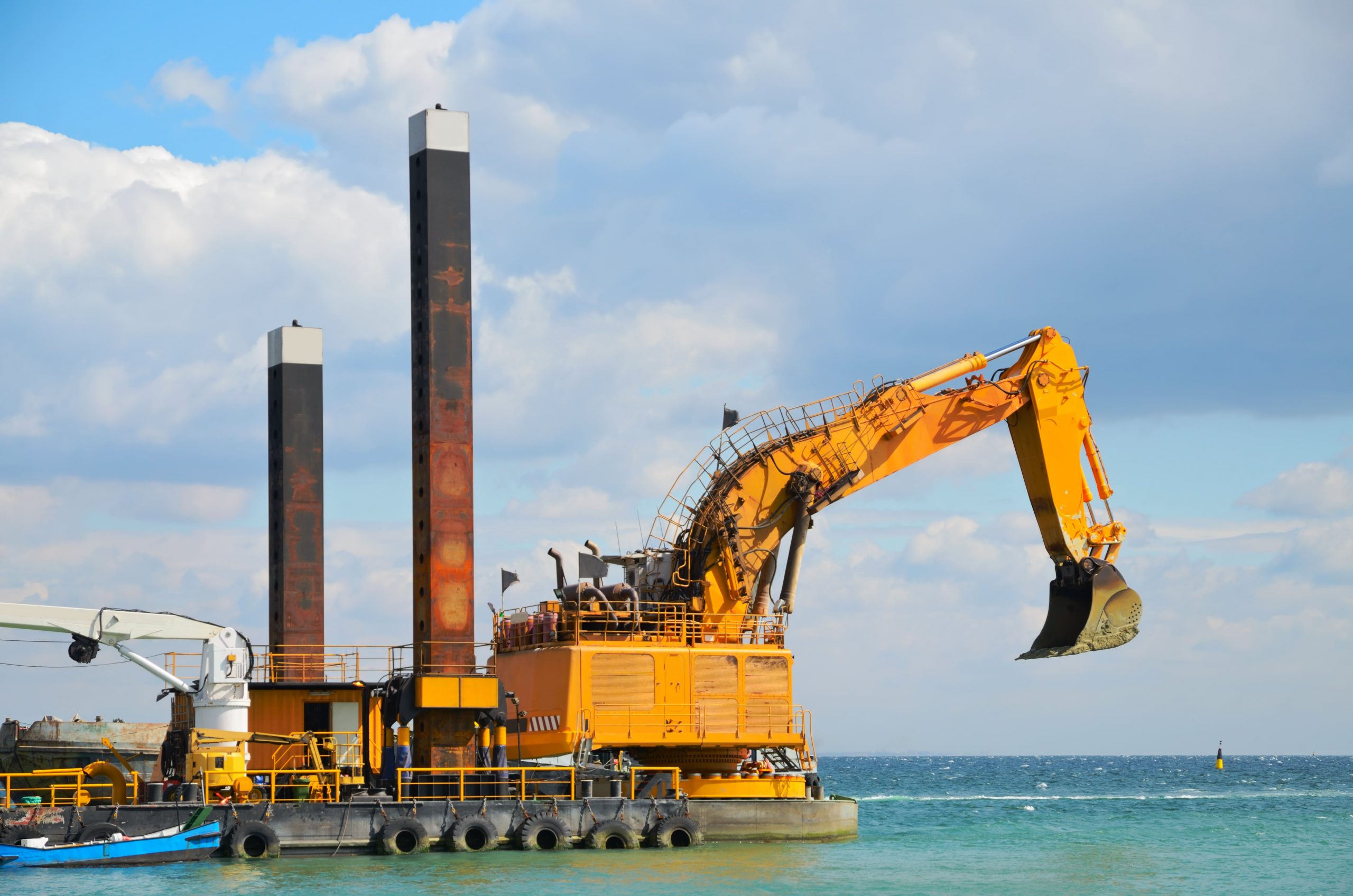Port Infrastructure Development in Nigeria – Driving Maritime Growth and Trade Opportunities
Nigeria’s port system plays a central role in West Africa’s maritime trade. With over 850 kilometers of coastline and access to major shipping routes, efficient port infrastructure is critical to boosting imports, exports, offshore energy logistics, and overall economic growth.
In recent years, port infrastructure development in Nigeria has accelerated—driven by public-private partnerships, foreign investments, and growing demand for modernized terminals. At Wigmore Trading, we closely monitor and support these developments as part of our mission to improve marine logistics and supply chain operations across the country.
Why Port Infrastructure Development Matters
1. Improved Cargo Handling Capacity
Modern ports reduce vessel waiting times, improve container throughput, and allow for larger ships to berth—especially at deep-sea terminals.
2. Boost to Trade and Industry
Enhanced infrastructure supports Nigeria’s role as a regional logistics hub, particularly for:
-
Oil and gas exports
-
Agricultural shipments
-
Containerized and breakbulk imports
3. Support for Maritime Jobs and Local Economies
New terminals, dry ports, and free trade zones contribute to employment, skills development, and industrial expansion in coastal communities.
Key Port Development Projects in Nigeria
⚓ Lekki Deep Sea Port (Lagos State)
-
Nigeria’s first deep seaport, operational since 2023
-
Can handle Post-Panamax vessels and over 1.2 million TEUs annually
-
Developed through a PPP involving China Harbour Engineering and Tolaram Group
-
Key impact: decongesting Lagos ports and boosting regional transshipment
⚓ Badagry Port Project
-
A proposed mega port and free zone
-
Designed for container, bulk, oil, and RORO terminals
-
Potential to become one of Africa’s largest logistics platforms
⚓ Onne Port Expansion (Rivers State)
-
Ongoing upgrades to container, oil & gas terminals
-
Serves as a key logistics base for offshore drilling activities
⚓ Calabar Port Dredging
-
Aimed at improving access for larger vessels
-
Important for bulk cargo and agricultural exports in the southeast
Challenges in Nigeria’s Port Infrastructure
Despite progress, port development faces challenges such as:
-
Aging infrastructure at Apapa and Tin Can ports
-
Traffic congestion in port corridors
-
Bureaucratic delays and customs inefficiencies
-
Security and piracy concerns in coastal waters
Addressing these issues requires continued investment, digitalization, and stronger collaboration between public agencies and private operators.
How Wigmore Trading Supports Port Operations
At Wigmore Trading, we work alongside logistics providers, ship agents, and port stakeholders to improve operational efficiency, particularly through:
✔️ Marine Supplies & Chandling
-
Fast delivery of food, tools, spares, PPE, and bonded goods to vessels at Nigerian ports
✔️ Offshore Logistics Support
-
Fuel delivery, rig supply coordination, and crew support in offshore zones
✔️ Vessel Support at Emerging Ports
-
Serving new infrastructure like Lekki Port and expanded Onne terminals
✔️ Customs-Cleared Supply Chains
-
End-to-end support for cargo clearance, warehousing, and supply documentation
Conclusion
Port infrastructure development in Nigeria is transforming the maritime landscape—opening new trade corridors, attracting foreign investment, and strengthening Nigeria’s global shipping profile. With major projects like Lekki Deep Sea Port and Onne’s expansion already shaping the future, the focus now shifts to maintaining momentum and operational excellence.
Wigmore Trading stands ready to support this transformation—ensuring that every vessel, cargo, and supply chain moves faster, safer, and more efficiently.








Comments are closed.